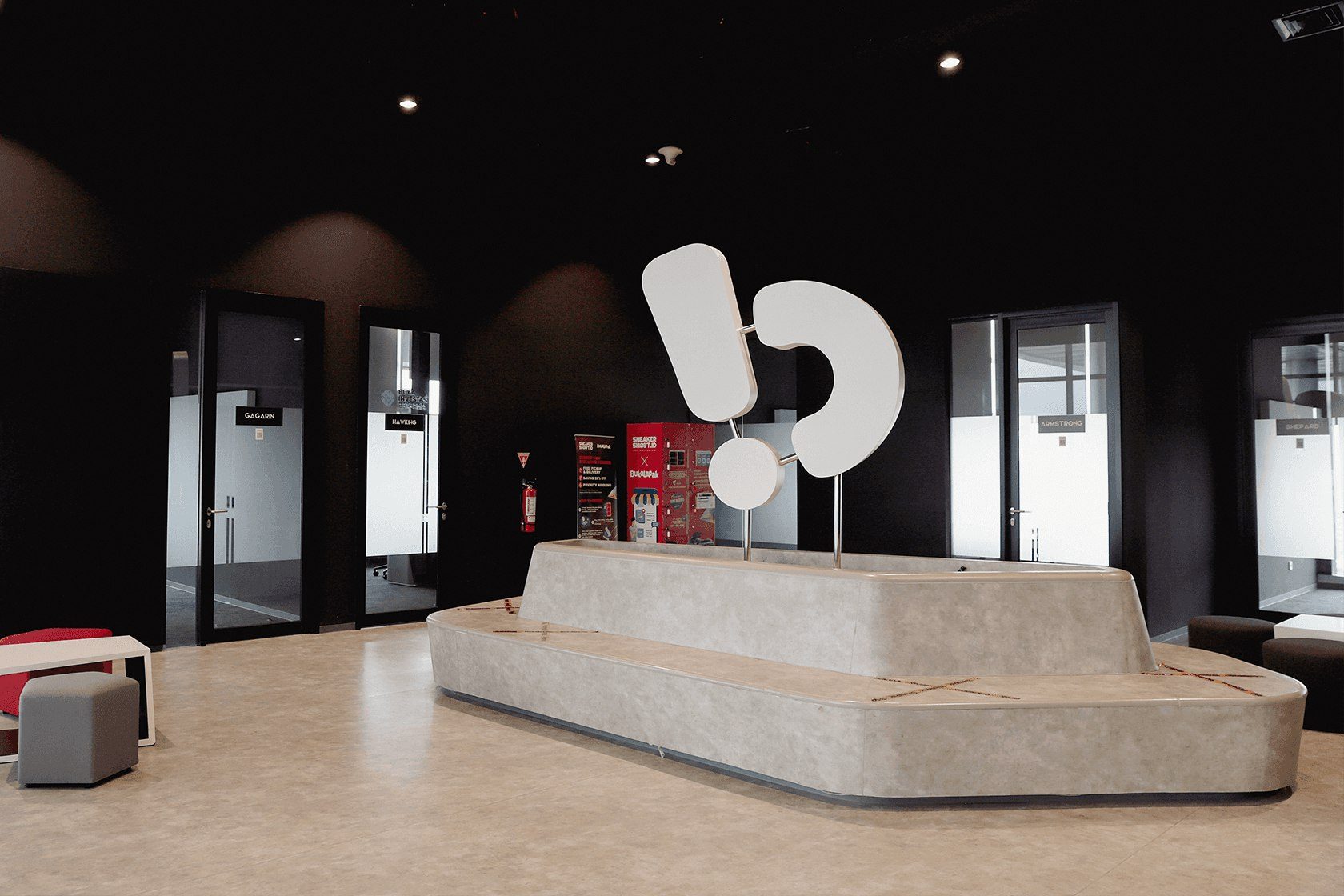Indonesia-listed e-commerce giant Bukalapak has announced that it will shut down its marketplace for physical goods. The move is part of a strategic shift to focus on virtual products, the company said in a blog post on Tuesday.
Register now to enjoy 3 free articles per month,
or log in to continue reading.
Stay informed with complimentary articles each month
Gain access to our exclusive newsletters delivered directly to your inbox
Be the first to know about all our summits!
Already a Subscriber? Log in




